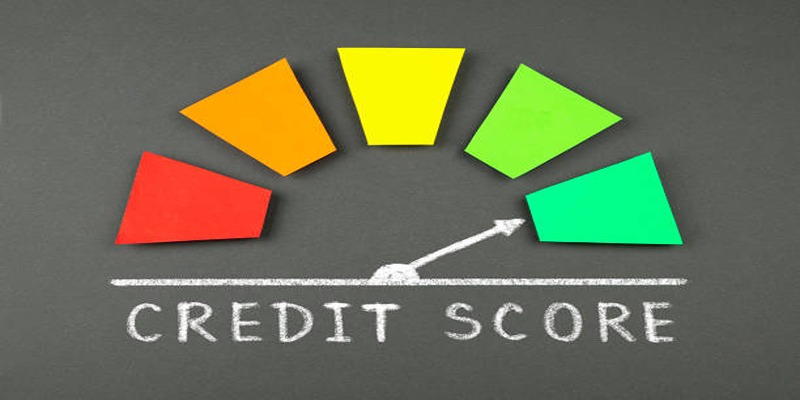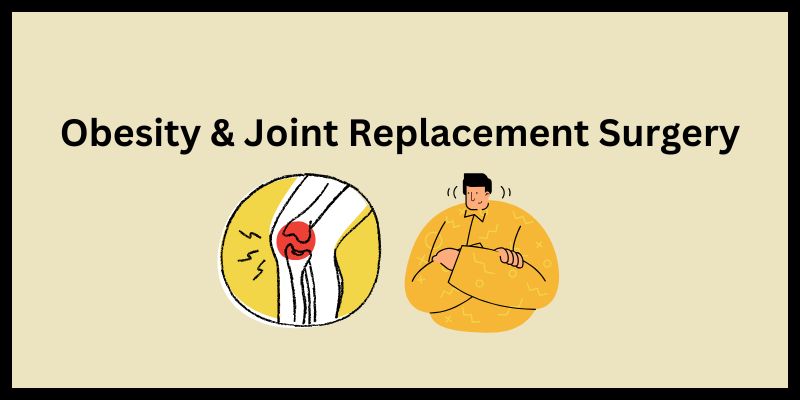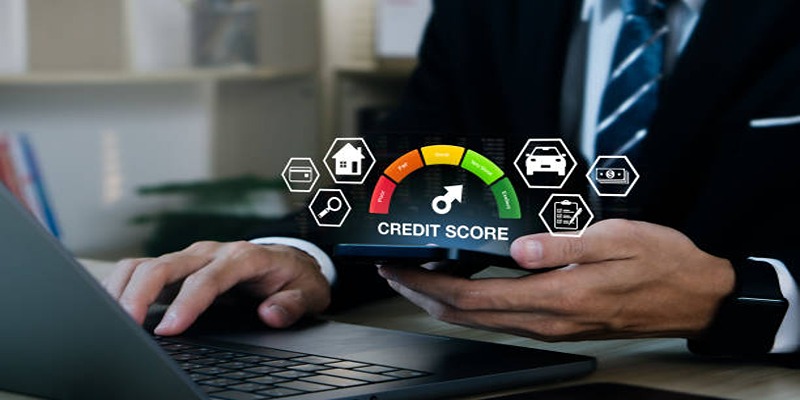How to Build a Credit Score Without Owning a Credit Card
Building a good credit score is important, even if you don’t have a credit card. A strong credit score helps you get better loan rates and easier approvals for things like renting an apartment or buying a car. Thankfully, there are other ways to build credit without needing a credit card. This guide will show you simple and effective steps to start growing your credit history and improving your financial future without relying on a traditional credit card.
Understanding Credit Scores and How They Work

The numeric value of a credit score assesses your financial ability to fulfill payment obligations toward borrowed money. Loan providers base their risk assessment of extending funds through this number. Quicker loan approvals accompanied by beneficial interest rates come to borrowers with better scores.
The calculation of credit scores uses details from your credit report including payment record together with debt quantity as well as credit period length alongside newly established accounts and credit type diversity. Several factors present in your credit report determine varying portions of your credit score value. Payment history represents the biggest credit score category because it accounts for 35% of your total credit score score while length of credit history counts for 15%.
Alternative Ways to Build Credit
Become an Authorized User
This means that the primary cardholder adds you as a secondary user on their account. As long as they have good credit habits, their positive payment history will reflect on your credit report and help improve your score.
It’s important to note that becoming an authorized user comes with some risks. If the primary cardholder misses payments or racks up debt, it could negatively impact your credit score. Make sure to discuss expectations and set boundaries before becoming an authorized user.
Get a Credit Builder Loan
Another option for building credit without a credit card is by getting a credit builder loan. These loans are specifically designed for people with no credit or a low credit score. The lender will deposit the loan amount into a savings account, and you’ll make monthly payments until the loan is paid off. Once it’s fully paid, you’ll receive the money.
The payments are reported to the credit bureaus, helping to establish a positive payment history and boost your credit score. However, keep in mind that these loans often come with high-interest rates and fees, so make sure you can afford the payments before taking one out.
Reporting rent payments to credit bureaus
Rent payments are typically not reported to credit bureaus, which can be frustrating when trying to build credit without a credit card. However, there are services available that allow you to report your rent payments and have them reflected on your credit report. This can help improve your credit score as long as you make timely payments.
Some landlords may also allow you to pay rent through a service that reports payments to the credit bureaus, so it’s worth asking about this option.
Other Important Factors for Building Credit
Pay Bills on Time
Payment history makes up 35% of your credit score. This means that consistently paying bills on time is crucial for building good credit without relying on a credit card.
Keep Credit Utilization Low
Credit utilization is the amount of credit you use compared to your credit limit. It’s recommended to keep this ratio below 30%, as high utilization can negatively impact your credit score. One way to lower your utilization without a credit card is by paying off any existing loans or lines of credit.
Monitor Your Credit Report
You are entitled to one free credit report from each of the three major bureaus (Experian, TransUnion, and Equifax) every year. Take advantage of this and review your report for any mistakes that could be dragging down your score.
Tracking and Monitoring Credit
There are several ways to track and monitor your credit without a credit card. Some banks offer free credit score monitoring services, or you can sign up for a free service like Credit Karma or Credit Sesame. These tools provide you with regular updates on your credit score and factors that may be impacting it.
Additionally, consider signing up for fraud alerts or freezing your credit if you’re concerned about identity theft. This can help protect your credit and prevent fraudulent activity from damaging your score.
Advantages of Building Credit Without a Credit Card

Building credit without a credit card has several advantages.
No Risk of Debt
Unlike traditional credit cards, becoming an authorized user or taking out a credit builder loan does not involve borrowing money. This means there is no risk of accumulating debt if you use these methods to build credit.
Better Financial Habits
Building credit without a credit card requires discipline and responsible financial habits, such as paying bills on time and keeping credit utilization low. These habits can translate into better overall financial management, leading to a more secure financial future.
Avoiding Interest and Fees
One of the biggest disadvantages of using a traditional credit card is the high-interest rates and fees associated with it. By building credit without a credit card, you can avoid these costs and potentially save money in the long run.
Conclusion
Building credit without relying on a traditional credit card may require some extra effort, but it is possible. Understanding how credit scores work and utilizing alternative methods such as becoming an authorized user or getting a credit builder loan can help you establish and improve your credit without taking on unnecessary debt. Remember to practice responsible financial habits, regularly monitor your credit, and consider the potential advantages of building credit without a credit card.












